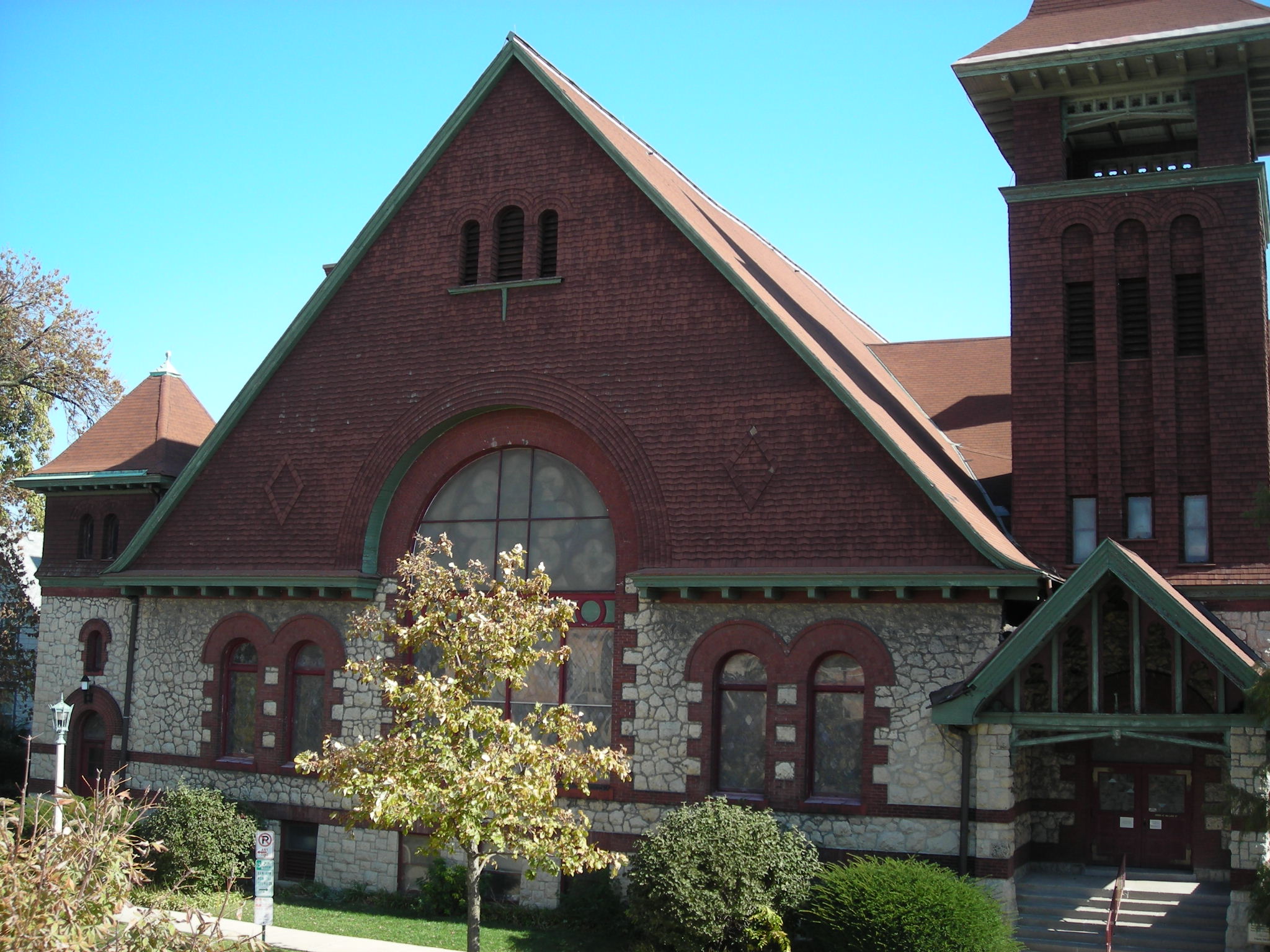
Ethics And Morals in the Prayer Of Jesus
Shea: This week we’re delving into one of your favorite subjects: bread in scripture.
Tim: I can’t wait. In the Bible, bread is always associated with divine provision. Manna falls from the sky. Ravens bring Elijah bread. The Gospels boast no less than accounts of Jesus multiplying a few loaves of bread to feed thousands of his followers.
Shea: And of course there’s the bread at the final dinner Jesus shares with his disciples.
Tim: Yes, that bread is also multiplied as we reach across the centuries to participate in the communal meal of bread and wine.
Shea: So when the Lord’s Prayer includes the petition “Give us this day our daily bread,” Jesus is keeping bread front and center. But I’m guessing something very particular is happening in the context of this prayer.
Tim: You would be correct. The petition for divine provision of bread evokes the memory of manna, even as it presages the meaning of the Eucharistic bread. Even so, this bread is also a politically charged subject, because it’s really about the distributive justice that characterized the Jewish ethic of Jesus’s time. He’s asking God to do what, ironically, God expects us to do—to provide for those in need, to ensure no one goes without. This idea is (forgive the pun) baked into the ancient consciousness, imbedded in Jesus’s culture since the time of Moses.
Shea: So what about forgiveness?
Tim: Note how specific Jesus is about forgiveness. In Matthew’s Gospel, it’s tied to debt. This also comes from the Law of Moses and it leads to liberation, since what Jesus asks God to do (and expects us to do) is liberate those who are enslaved because of need. Luke’s version uses “trespasses” which solves a different legal problem, but nonetheless is tied to freeing people from the consequences of their struggles. It’s a powerful idea, because it’s the moral code of Christianity in a nutshell.
Shea: Our moral obligation is the liberation of those who are indebted and/or in trouble because they’ve crossed boundaries. I see what you mean.
Tim: To see someone who’s oppressed or struggling and offer no help is immoral. It’s that basic. And we don’t condemn them. We forgive them, learning how to do what we ask God do for us. We work to make them whole, another financial term that Jesus was fond of, even as we ask God to restore our wholeness.
Shea: I can tell you’re all fired up and ready to get into this!
Tim: I sure am! This Thursday is going to challenge us in very real ways and I believe it’s going to bring us much needed insight and comfort!

Join us each Thursday in January as we deconstruct the prayer Jesus taught us pray in a new series, “66 Words: How the Lord’s Prayer Works and Why It Works.” We meet at 7:30pm CST at Pilgrim Congregational Church, 460 Lake Street, Oak Park Avenue with live-streaming via Facebook Live.
We need your help!
As we think about the future of Gather, please let us know what gifts you bring and would like to share with the community. There are many roles that have to come together to make Gather happen every week. This includes setup, technical support, worship, managing handouts and information, coordinating drinks, and teardown. We need your help. Please let us know what type of service you’d be interested in!
Watch God Work,
Tim & Shea
As we prepare to become a vibrant worshipping community, we invite you to enjoy a Spotify playlist that captures the kind of worship we hope to embrace. Give it a spin while you’re driving. Make it your workout jam. Add it to your devotional time. Most of all, feel yourself becoming part of a sacred village of believers who love their God and one another!
Check out the Gather Worship Playlist here.

